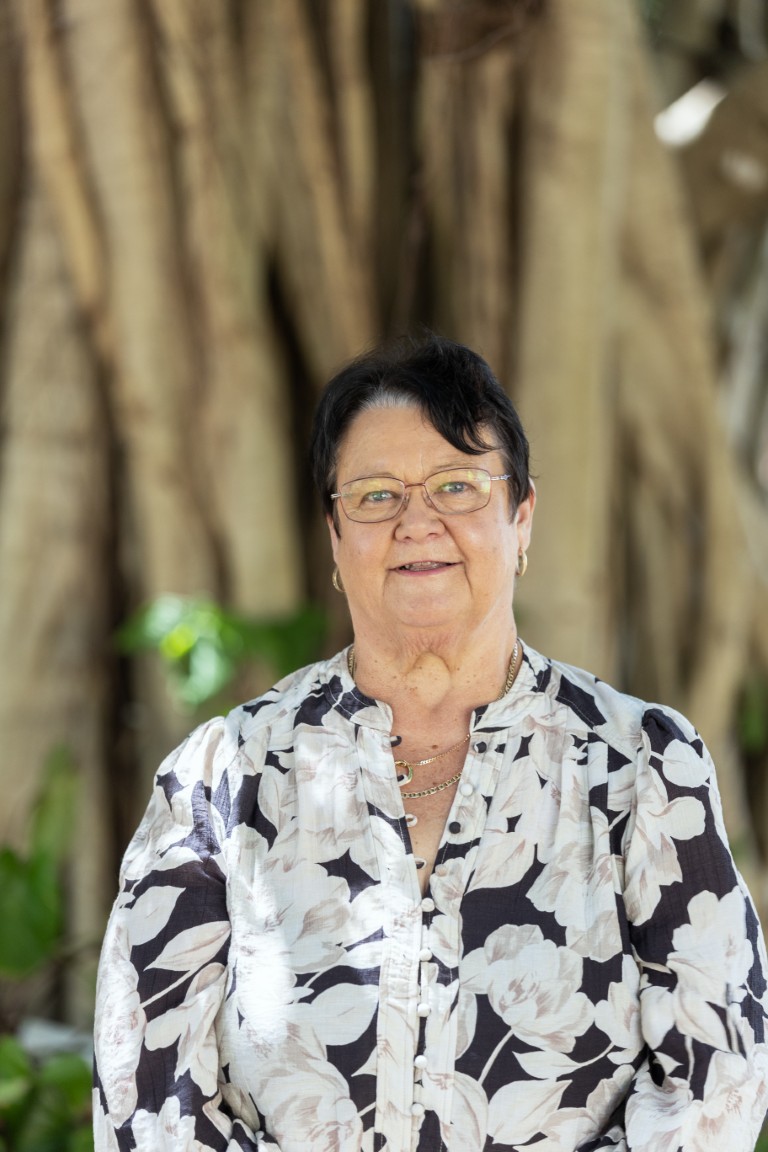OPINION PIECE
There has been a lot of discussion regarding the council bi-election and varied opinions on what makes a good Councillor. Firstly, everyone has a democratic right to stand for election. Under the Local Government Act there is no specific qualification that you need, but there are plenty of things you need to learn and do to properly represent the people who voted for you.
I would like to reflect on my experience as a local government representative for the past 21 years. Firstly, it is an absolute honour and privilege to be able to serve the local community of the Mackay region. I have seen many Councillors come and go over that period and I myself have learnt through actively participating in training opportunities, networking with other Councillors, attending conferences and participating in community organisations.
I undertook professional development through accredited training providers and the Australian Institute of Company Directors course to ensure I had all the necessary skills and knowledge to carry out my duties. For me, there are three important parts of the role of Councillor:
- Engage – participate in and be fully prepared for council meetings. It’s essential to read all agenda items. Seek clarification from officers if you feel you need further information to make an informed decision. Briefing sessions are provided to councillors to ensure we are fully across the details of the item. Attendance at these briefings is a very important part of the role. You also need to understand meeting standing orders. You need to know what you can and can’t do during the meeting so you can actively participate in the debate. This is the way in which you can provide your view on the item or, as I like to say, this is where you get to put the community overlay on the agenda item.
- Connect – the other part of the role is engaging with the community. I do this by participating in the running of organisations, attending community meetings, functions and networking events, attending other community organisation meetings, when invited, and responding to residents’ customer requests. I like to meet face-to-face where possible and listen/learn firsthand. You then need to investigate the matter via council officers and, most importantly, report back to the resident. You may not always get a positive result; however, if you explain why to people, they generally understand.
- Advocate – advocacy takes on a few different components at different levels. You can advocate on behalf of the local community at the local level by taking the local concerns to the council to try to gain support from other councillors, or you can advocate of behalf of the community to the State or Federal Government. It’s important when advocating to the other levels of government that you do this with a united voice.
Karen May, Deputy Mayor


